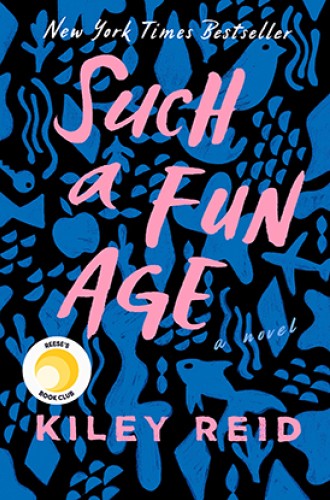A precise, devastating portrayal of white wokeness
Kiley Reid’s novel about race, class, and good intentions that miss the point
A 25-year-old black woman is accused of kidnapping a white toddler in a high-end Philadelphia grocery store, and her exchange with the store’s security officer is caught on camera by a patron. Another customer repeatedly says she had a bad feeling when she eyed the woman and child together. The young woman is allowed to leave the store only after the child’s white father arrives and explains that she is the babysitter. This incident of racial profiling begins Kiley Reid’s debut novel.
Reid describes the book as a comedy. Although its opening scenario doesn’t sound humorous, Such a Fun Age is a charming examination of class and race in America, with a perspective on “wokeness” that’s both precise and devastating.
Babysitting is just one of the jobs Emira Tucker juggles to make ends meet. Her boss, Alix Chamberlain, is a lifestyle influencer who prides herself on her advocacy for modern women. Alix, however, spends most of her time missing her old life in New York City. It’s only after the grocery store incident that Alix vows to live happily in Philadelphia, to write a book, and to get to know the woman who has been watching her child.






